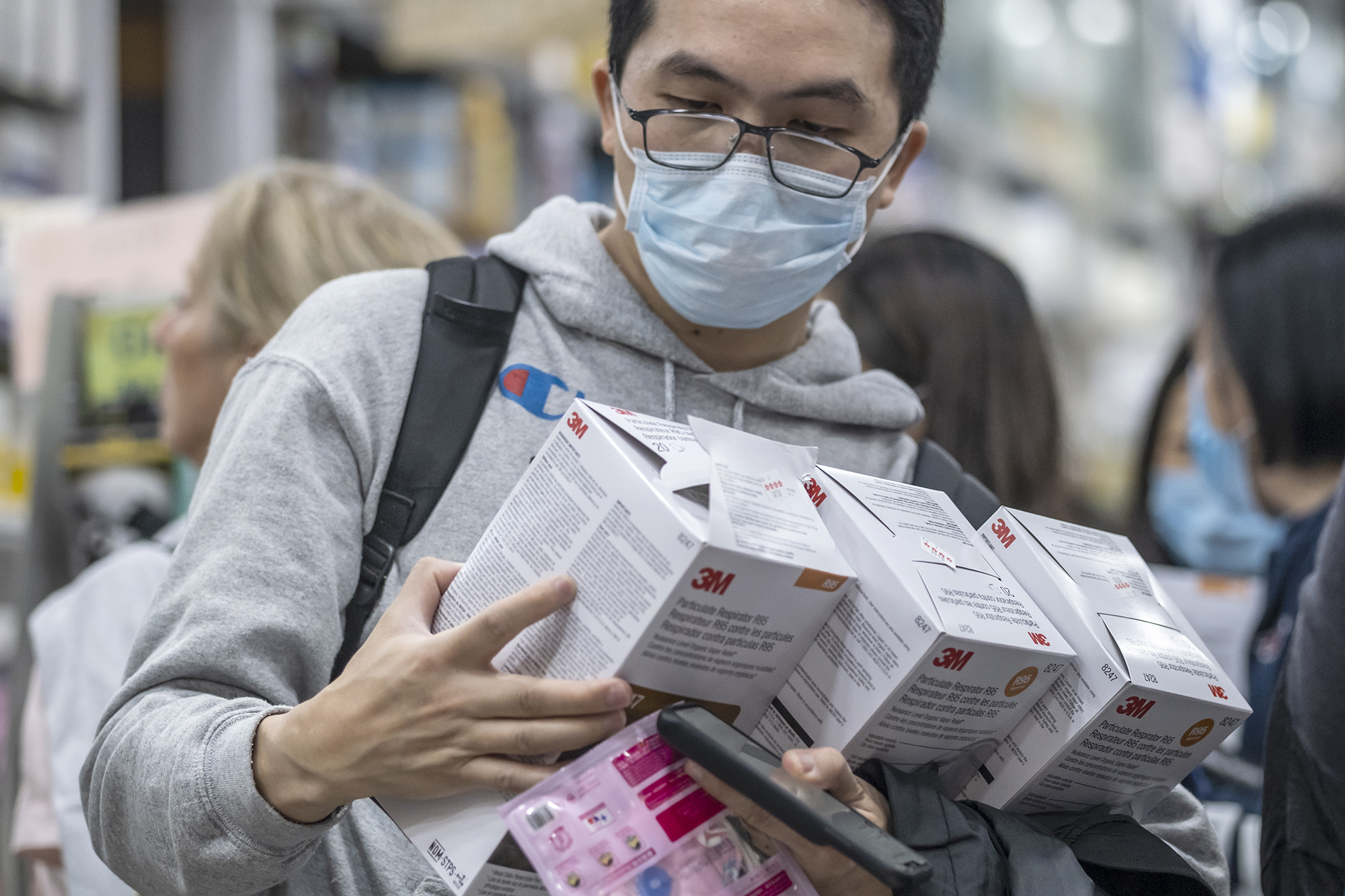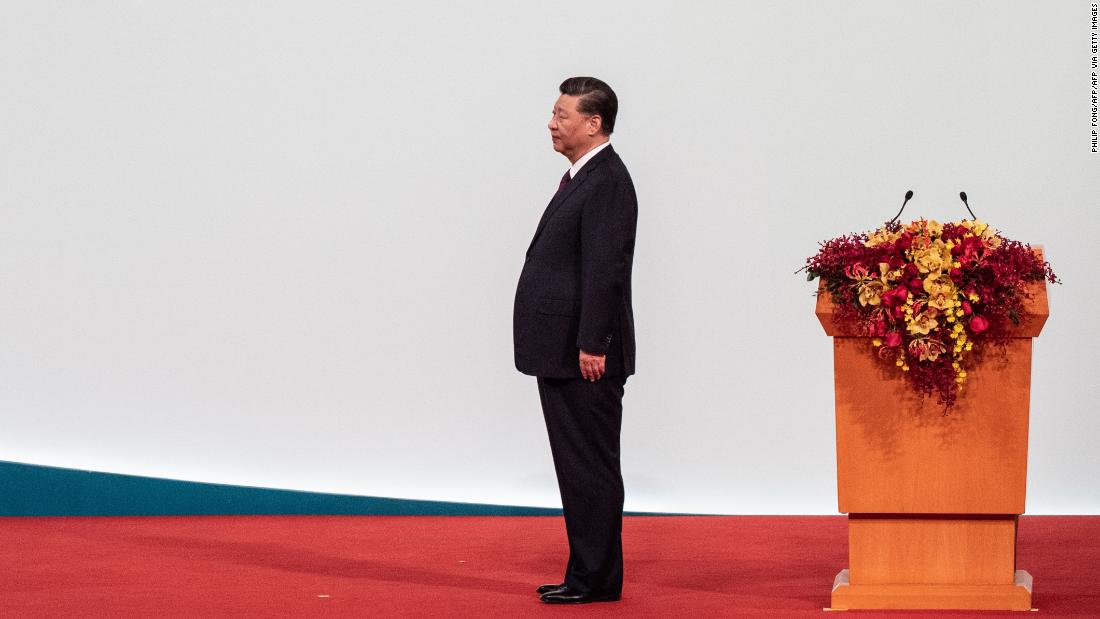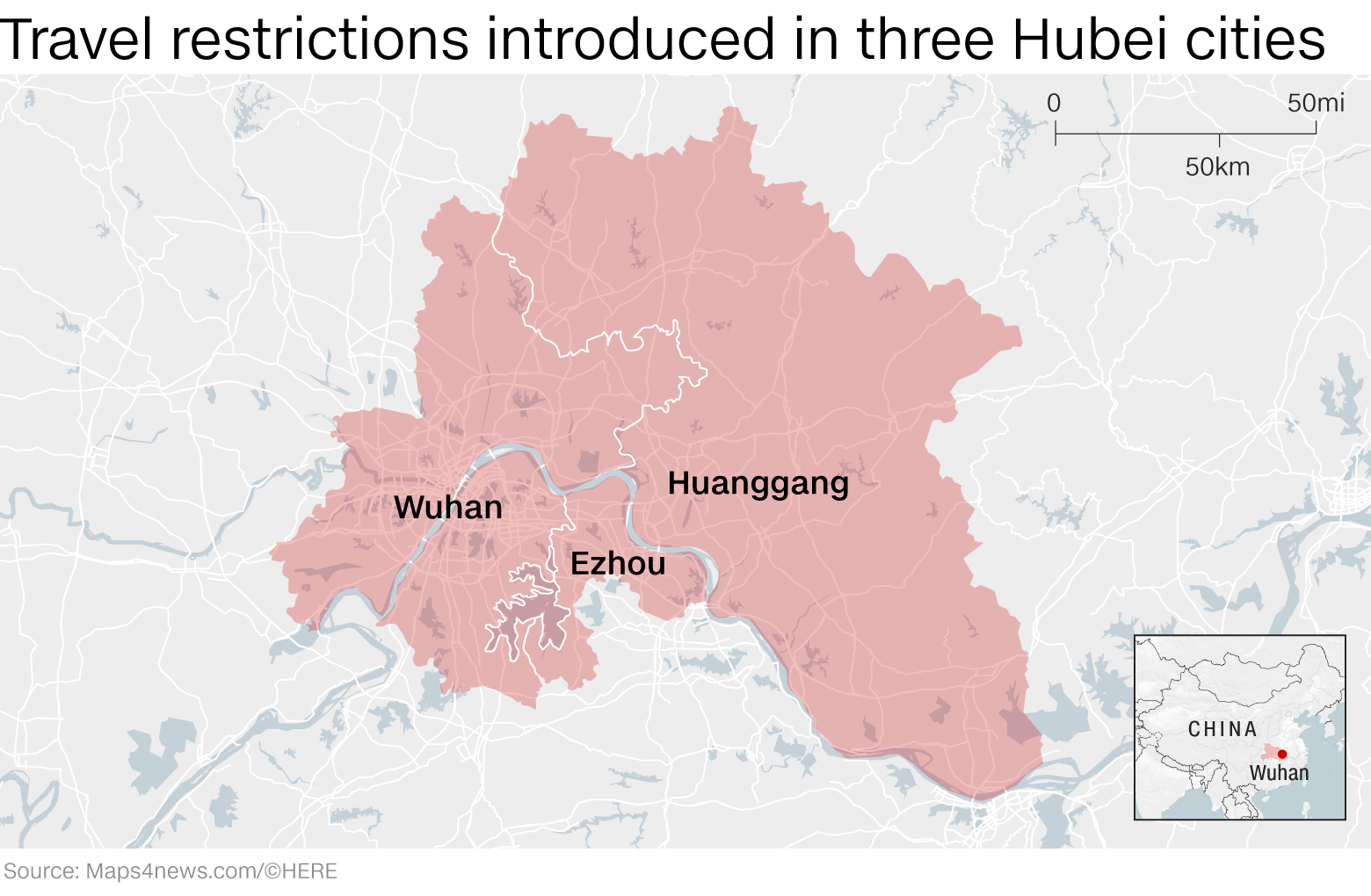
Hong Kong is facing a serious shortage of face masks as fears over the Wuhan coronavirus has seen a rise in demand.
Horace Lau, the vice president of Hong Kong’s General Chamber of Pharmacies, told CNN the next batch of face masks is not expected until February.
"The supply of face masks during the Lunar New Year is highly uncertain," he said.
He added that Hong Kong imports most of its face masks from China, Taiwan and Malaysia, so, if China stops their exports of face masks, supply will be tight. Deliveries could also be affected by the Lunar New Year holiday in both China and Hong Kong.
Lau said that in his own shop he sold over 10,000 boxes of 50 face masks in the last week alone. The price of face masks in pharmacies has already started to rise, he added.





